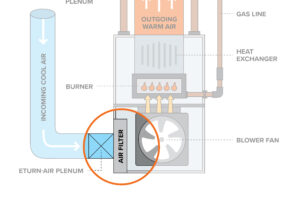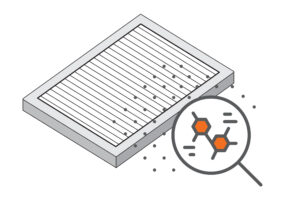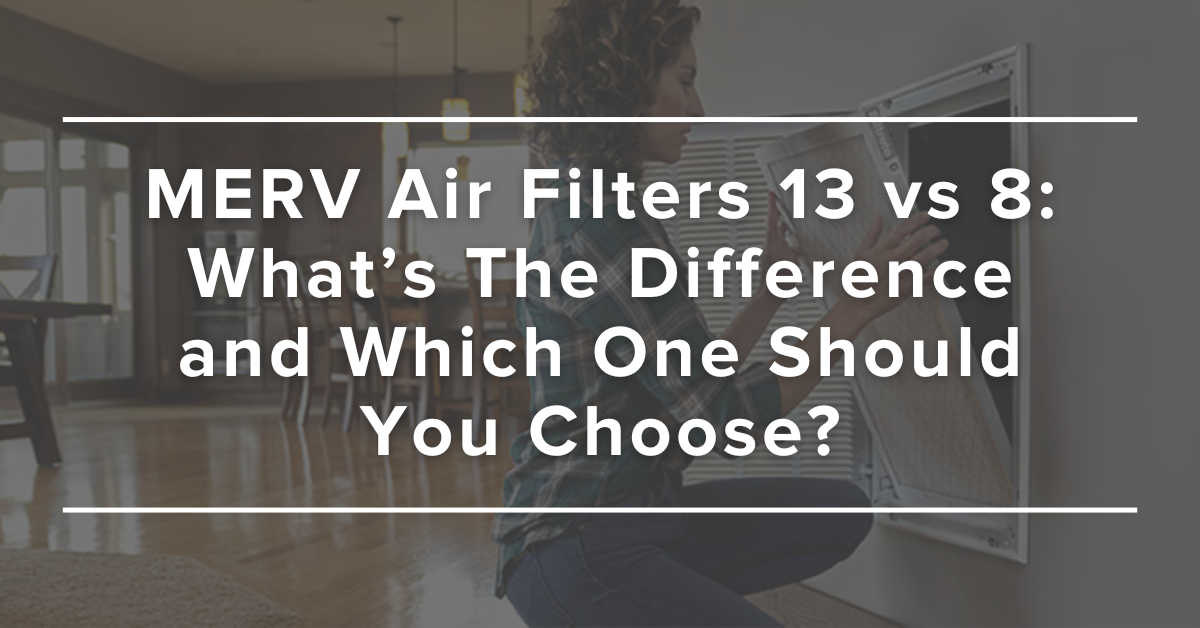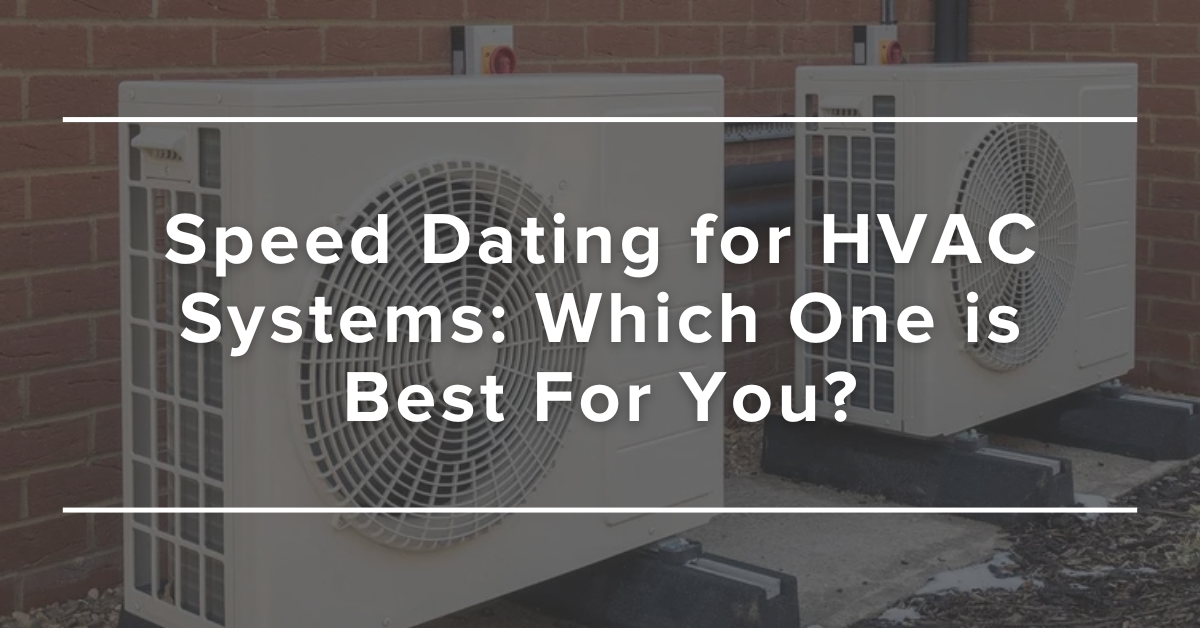
Maintaining your HVAC system is essential for optimal performance, and one of the simplest ways to do this is by regularly changing your air filter. While we’ve previously discussed why and when to change your air filters, this post focuses on the “how” to ensure you’re equipped to handle this straightforward yet vital task.
Why Changing Your Air Filter Matters
Air filters protect your HVAC system by trapping airborne particles such as dust, pollen, and pet dander. A clean air filter ensures efficient airflow, reduces energy consumption, and helps maintain a comfortable and healthy home environment.
Step-by-Step: Changing Your Air Filter
- Turn Off the HVAC System
Before beginning, switch off your heating or cooling system to prevent unfiltered air from circulating while the filter is removed. - Locate the Air Filter
Air filters are typically found in one of these places:- Inside the return air vent (commonly on walls or ceilings).
- In the blower compartment of your furnace.
- In the air handler of your HVAC system.

- Remove the Old Filter
Open the filter cover and carefully slide out the old filter. Check its dimensions printed on the frame to ensure you purchase the correct replacement.

- Inspect and Clean the Area
Take a moment to vacuum or wipe down any dust or debris around the filter compartment to keep the system as clean as possible.

- Insert the New Filter
- Ensure the arrow on the filter frame points in the direction of airflow (toward the HVAC unit).
- Slide the new filter into place and secure the cover.
- Turn the System Back On
Power up your HVAC system and enjoy improved airflow and efficiency.

How Often Should You Change Your Air Filter?
The frequency depends on the type and thickness of the filter, as well as your household environment:
- 1-inch filters: Replace every 1-2 months.
- 2-inch filters: Replace every 3 months.
- 4 to 5-inch filters: Replace every 6 months.
Homes with pets or high allergen levels may require more frequent changes.
Pro Tips for Optimal Performance
- Upgrade When Needed: Consider a higher-quality filter (with an appropriate MERV rating) if you’re dealing with allergies or want better indoor air quality.
- Set a Reminder: Mark your calendar or use a smartphone alert to remind you when it’s time to replace your filter.
- Stock Up: Keep extra filters on hand for easy replacements.
Need Professional Assistance?
Changing your air filter is an easy DIY task, but if you’re unsure or have concerns about your HVAC system, the experts at Diamond Heating are here to help. Contact us today for personalized advice or maintenance services.
Regular maintenance, including filter changes, ensures your HVAC system runs efficiently and keeps your home comfortable year-round!








